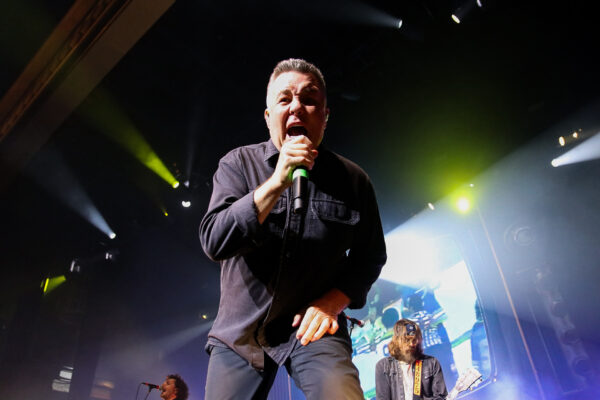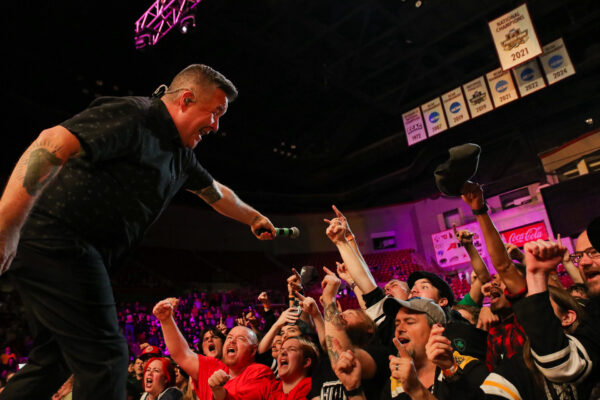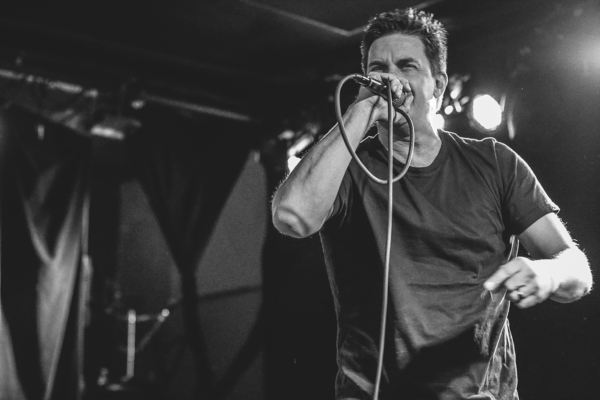Tom Petty suffered a terminal cardiac arrest on the same day that a psychopath unleashed a torrent of bullets on a concert in Las Vegas becoming the deadliest mass shooting in modern history. It was a sad day for music fans, on one hand feeling like you lost a safe space in concert, a rock & roll giant on the other. It was a day in which the news was the only reliable source on what was happening in Las Vegas, and completely bungled Petty’s death by announcing it 8 hours too early. This unfortunately is America.
It’s a topic that Petty frequently tackled in his lyrics, and if any sub-genre could be reasonably applied, Americana would do, sounding like a certain type of White Americanness. He was a southerner, but not quite the southerner of “Southern Man,” the same way Mellencamp is a mid-westerner, but without any of the stereotypes. He was too laid back for that.
His music, like cars on the 405, was like waves crashing on the beach. Quietly energetic, subdued but proud. Quintessential. None more so than his hit “Freefallin” released a full eleven years after his first album. The story goes that the simple riff excited fellow Traveling Wilbury Jeff Lynne, who had heard something that Petty didn’t. As a joke, he began singing of an earnest girl who loved America and horses too. And for the most part it stayed that way.
These are the characters at the heart of all Petty songs. The girl in “Freefallin’” was no different than his American Girl or his Mary Jane, whether or not the latter was actually a pot plant or not. They personified the essence of his and our longing—the simplicity of a homegrown happiness.
His lyrics were particularly effective when turning the lens back on himself. It’s as if he were turning his eye back onto America itself. The longing of “The Waiting”, the pluck of “Even The Losers”, the manifest destiny of “Running Down A Dream.” Like the American Dream itself, Petty’s music was a blank slate on which anyone can project their own secret visions and desires. A writer, selling records in the millions, that can make a song that feels personalized is truly great.
He was a figure that seemed at the same time timeless, but with a long future ahead of him. Highway Companion was, like many of his works, an impossible album. How could Petty, after 30 years in the business release a solid album?
The same way that he put a new song on his greatest hits album. Naturally, that song, “Mary Jane’s Last Dance” would become a career defining track. Just like so many other career defining tracks that seemingly came from nowhere.
One week prior to his death last night, he had finished a fortieth anniversary tour with his Heartbreakers. It was a milestone career of solid gold albums and solid gold hits. Seeing him live was certainly an experience. When I did, many years ago, he ended the show as he often did with “American Girl.” It’s an obvious choice for a closer, only his second single, but the most endearing. Countless tributes will call out this song as the most Petty of Petty’s songs.
It’s the line “God it’s so painful when something that’s so close/Is still so far out of reach” that sticks in my mind today. Petty’s visions of America, its boys and girls was whitmanesque. Where losers were winners, you could take it easy, and everyone was full of autonomy. It was clear on the day he died that we don’t quite live in that idyllic world. It’s a vision that must still be achieved. But he had words for that too: We don’t back down.
Article: Christopher Gilson




